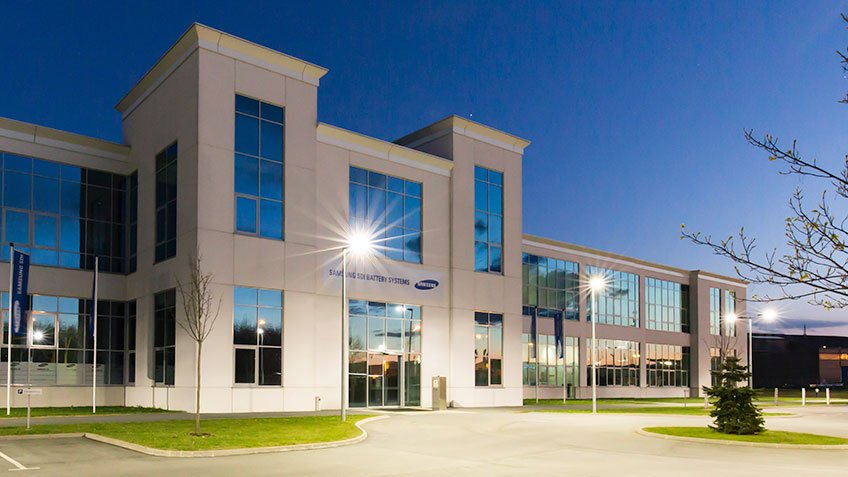Challenge
Samsung SDI Battery Systems is rapidly growing. Sales have quadrupled over the past three years and are closing in on the 300 million euro mark. The annual production currently amounts to around 70,000 batteries. According to Neubauer, this also means that the capacity of the plant in Premstätten has been reached. “We manufacture on four lines. The production of lithium-ion batteries for electric cars, however, cannot be compared with a typical serial production, where a finished product leaves the conveyor belt every few seconds. This is a very demanding process, which correspondingly takes longer. Our cycle time is around five minutes,” he said.
SDI battery packs comprise individual prismatic cells, which are finished into modules. Depending on the battery type and the desired road performance, multiple such modules, including electronics and control units, are fitted into a robust case. The process is completed by an “end-of-line check”, in the course of which the manufactured packs are examined right up to the smallest detail. “The requirements of the automotive industry are increasing: The time to market, i.e., the timespan between the tendering of a project and the start of serial production, is constantly growing shorter. Next to developing a tailored high-tech product, this implies that we also have to simultaneously design the corresponding production line in order to offer a suitable solution. The mechanical safety of the battery must be warranted, which is why we even execute crash tests, in which a truck collides with the rear end of an electric car at 120 kph. Last but not least, everything that happens in manufacturing must be documented,“ Neubauer said.
The topic of traceability, i.e., the seamless tracking of the entire creation process of a car battery made by Samsung SDI in Premstätten, is supported by the scalable FactoryTalk® Production Centre® manufacturing execution system from Rockwell Automation. “Numerous manufacturing companies still work with different systems as well as with processes involving paper – e.g., Excel lists. This makes it difficult to consolidate data from a wide range of sources, to bring it into context and to assess it in real-time. This is why we recommend that our customers digitalize all the relevant processes and the corresponding information,” says Johannes Landschauer, Account Manager End User at Rockwell Automation.
